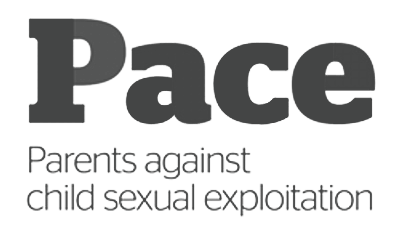TYPE OF FOSTERING
Short-term placements: are usually for short periods of time, anything from one day to up to two years. These placements offer a holding position for the child, and also give local authorities time to decide what is best for the child.
Intermediate placements: are short-term placements that extend beyond the original period, due to unforeseen circumstances or particular issues relating to the child’s circumstances.
Long term/permanence: is usually for children who cannot return or be returned to live with their own families, thus requiring a permanent home.
Emergency: Some foster carers work on a duty rota to provide emergency cover for 24 hours a day, for unplanned placements during the evenings, weekends and holidays. This could last from one day to up to two years.
Bridging Placements: A bridging placement will form part of a longer-term plan for a child or a young person and can sometimes be of two years duration. In such placements, foster carers will work with children/young people and their families towards reunification. Moreover, they will prepare children/young people for joining adoptive or long term/permanent fostering families, or for moving to a semi-independent or an independent living arrangement.
Assessment Placements: These usually last up to three months and during this period a detailed assessment is made of the physical, emotional, educational and therapeutic needs of a child or a young person, including his or her ability to be cared for within a foster family and the specific support services that will be required. Interim and final assessment meetings provide vital information for longer term planning. Written assessment reports are included in this service.
Parent and child: foster carers provide guidance and support to teenage parents before and after the birth of their baby.
Respite: Respite care involves befriending a child/young person/family group on a part time basis from a few hours a week to a whole weekend while their family takes a holiday or break.
Remand Placements: Foster carers look after young people who are remanded into care by court. The placements are usually short term and require the carers to work closely with the Youth Justice/Offending teams.
Placements for Asylum Seeking Children and Young People: These children are young people who are under the age of 18 and are separated from their parent(s), family, and are applying for asylum. They have often travelled long distances from countries such as Afghanistan, Iran, or Iraq and may not speak English; they can be frightened and confused. Often, these children or young people are referred to as Unaccompanied Minors. Foster carers will provide these children or young people with a safe, stable, and supportive home. These placements could be short-term or long-term.
Placements for disabled children: This is a short to long term placement for children or young people, which also provides a welcoming break for both the child and their family.
Short term breaks: Providing an opportunity for regular short breaks for disabled children or young people with disabilities or learning needs. This service also provides a welcoming break for both the child and their family.
Single/Solo Placements: This may involve looking after children and young people who may have considerable demands. Occasionally, these children will have very specific and complex needs which, initially at least, require a higher level of support and supervision.
Due to their specific needs, a child or young person may require constant individual attention and supervision, thereby preventing the placement of any other fostered children or young people or precluding the use of any remaining placement vacancies within the foster home.
Enhanced Placements: These placements are intended for children and young people with care histories that include previous foster placements disruptions, previously unsuccessful residential care placements or the imminent prospect of residential care, the risk of being placed in secure accommodation or discharged from secure accommodation.
Treatment Foster Care: Intensive one to one support with skilled foster carer(s) with time-tented therapeutic and social work support in a multi-disciplinary setting. The focus is on behaviour modification and reinforcing of new learning and positive change.




